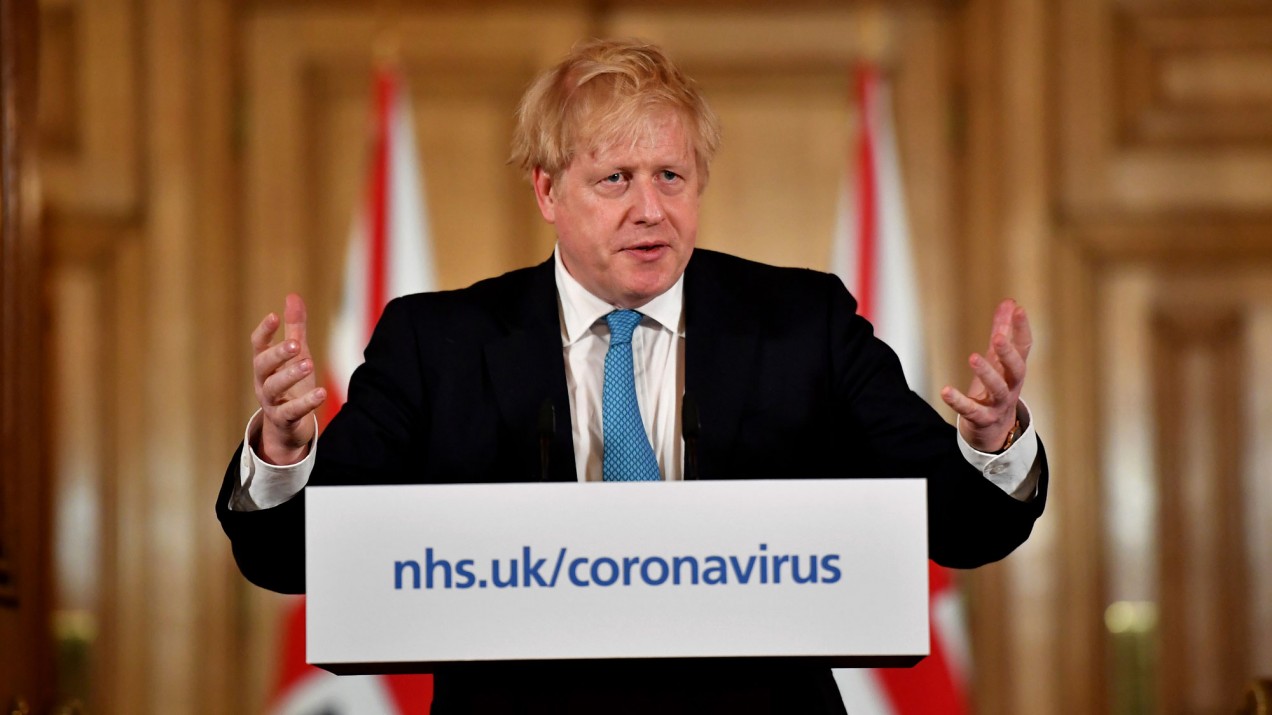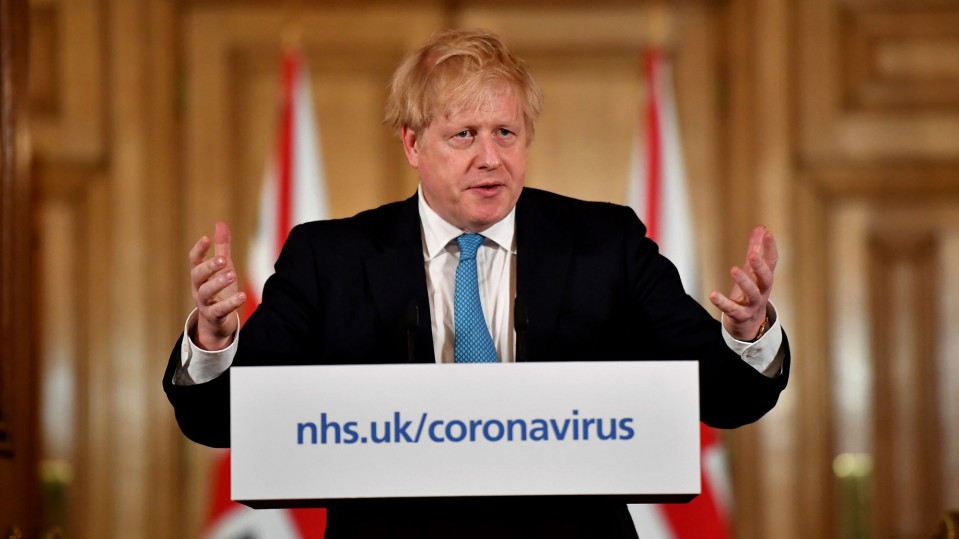

Biotechnology
The UK could face a year of social distancing
The UK government has just released the scientific advice that’s been shaping its response to the coronavirus pandemic.

What’s happened: The UK government has just released the scientific advice that’s been shaping its response to the coronavirus pandemic. It comprises over 30 documents, including academic papers and the influential Imperial College London modeling that led to a dramatic change in strategy this week, from mitigating the disease to trying to suppress its spread. You can pore through them yourself.
This story is part of our ongoing coverage of the coronavirus/Covid-19 outbreak, which is available free of charge. You can also sign up to our dedicated newsletter.
The news:
- The consensus is that the UK may need to alternate between more and less strict social distancing measures for at least “most of a year” in order to stop its health system from being overwhelmed. This means varying between general social distancing and school closures and a strategy of isolating particular cases, households, or vulnerable groups. Today, Prime Minister Boris Johnson announced that all pubs, clubs, and restaurants are ordered to close from tonight.
- The estimate is that 8% of all those infected will be hospitalized. The risk varies by age: under 2% of under-50s are predicted to end up in the hospital, versus 44% of those over 80.
- If the UK follows China’s pattern, it may be three to five months until cases peak, and it is possible that up to 80% of the population could be affected.
- The advisors predict that school closures will be “highly disruptive” and pose unequal burdens on families. “Our understanding of reports from Japan is that there is growing discontent around the policy,” one of the documents says.
- There is a lot of uncertainty in the documents, as in the wider scientific community, because so much about the virus remains unknown.
Some good news:
- The advisors think large-scale rioting is “unlikely” and, somewhat touchingly, predict that “acts of altruism will predominate.”
- To reduce the risk of public unrest, the government needs to provide clear and transparent reasons for different strategies, set clear expectations on how the response will develop, and promote a sense of collectivism, one of the documents says.
Mixed messages: The advice that the UK may face 12 months of restrictions was published just a day after Johnson said, during one of his now-daily live press conferences, that the country could “turn the tide” on the outbreak within 12 weeks. However, health secretary Matt Hancock has stressed that the 12-week prediction assumes people will follow advice to avoid unnecessary trips beyond the home and distance themselves from others.
An omission: The documents contain virtual nothing on testing. Testing all suspected cases has been a central plank of the strategy for countries that have more successfully contained the virus, like South Korea, Japan, and Singapore. The UK is routinely testing people only in hospitals and is not actively tracking people who have come into contact with known cases. The government has promised to ramp up testing to 25,000 a day within four weeks.